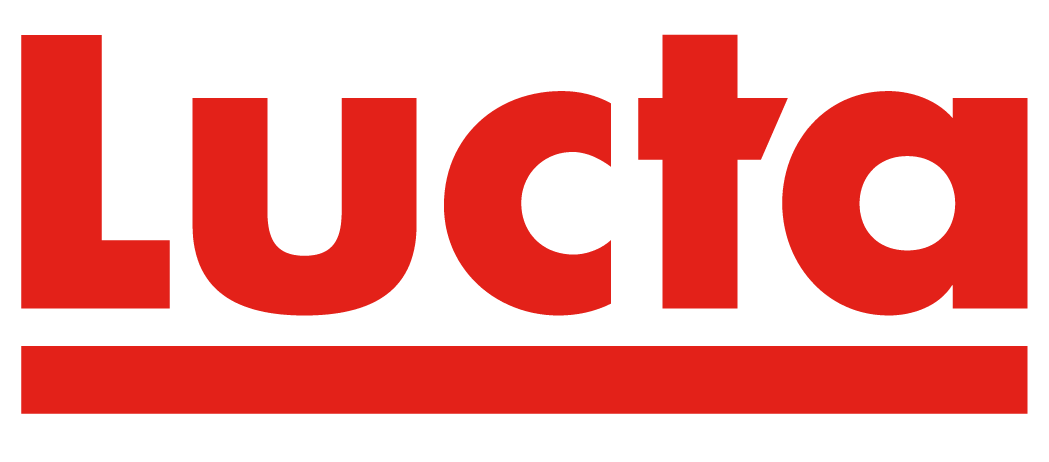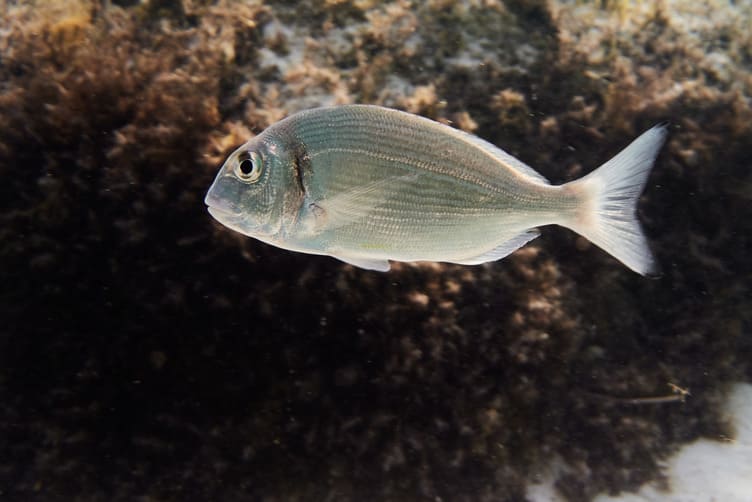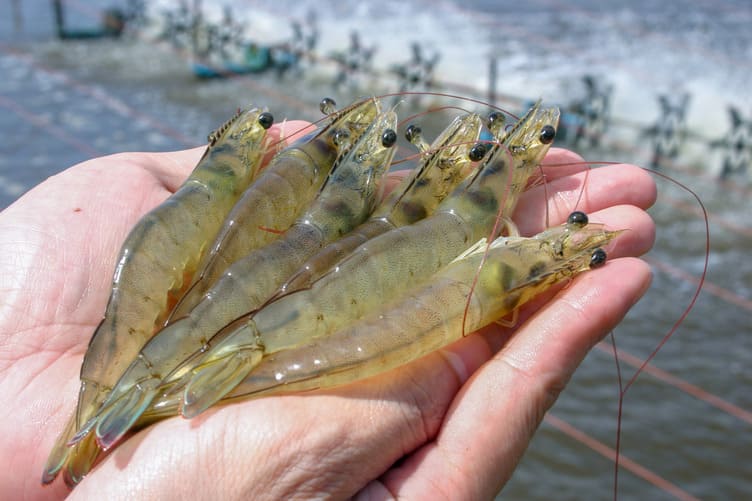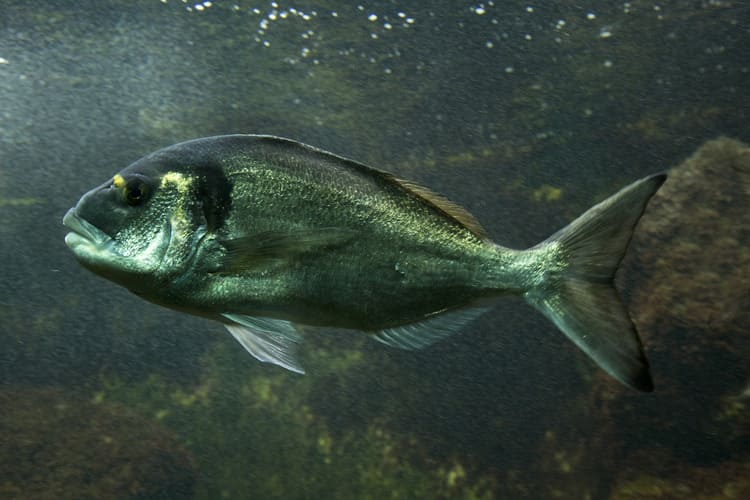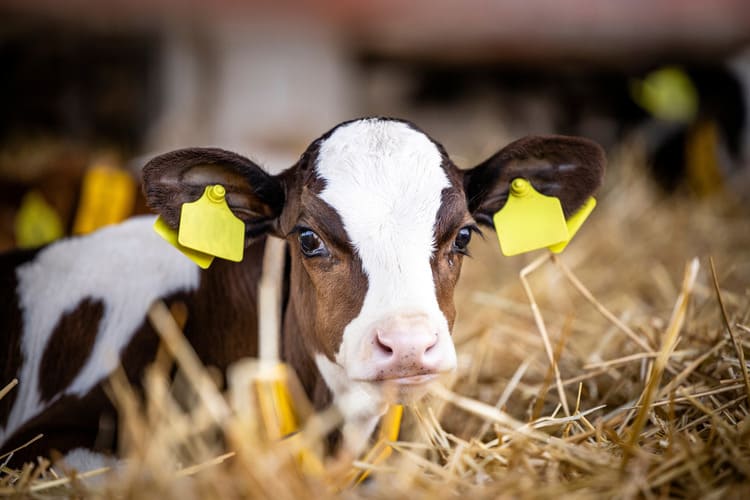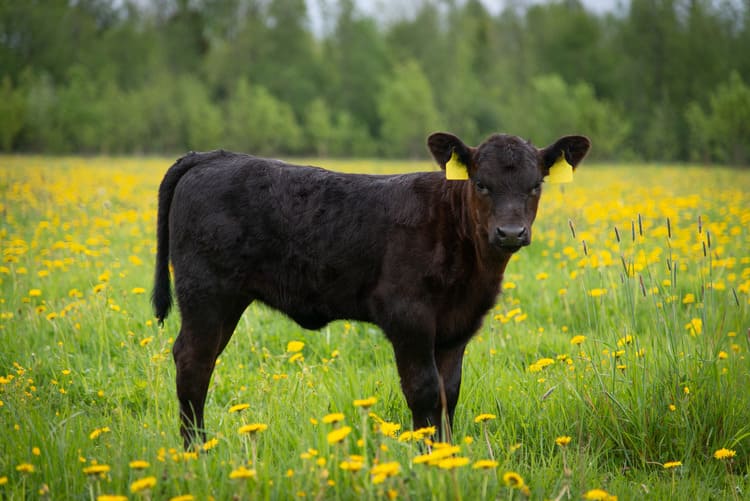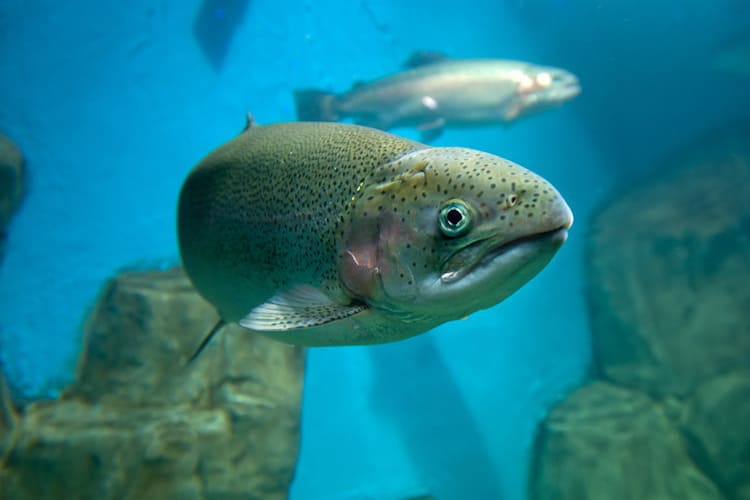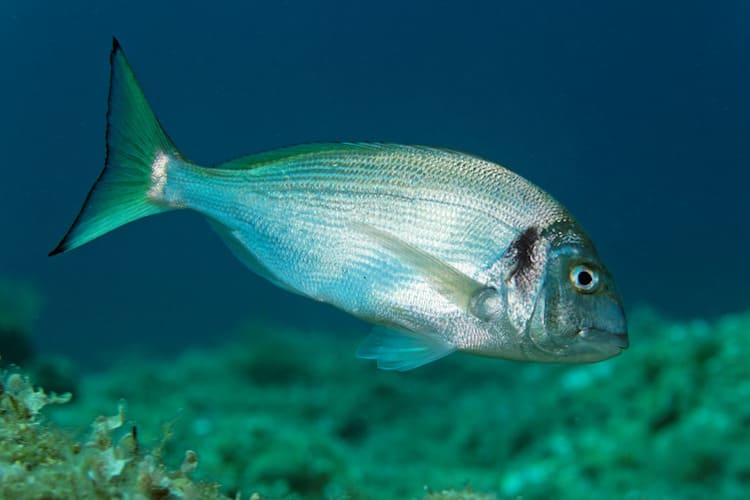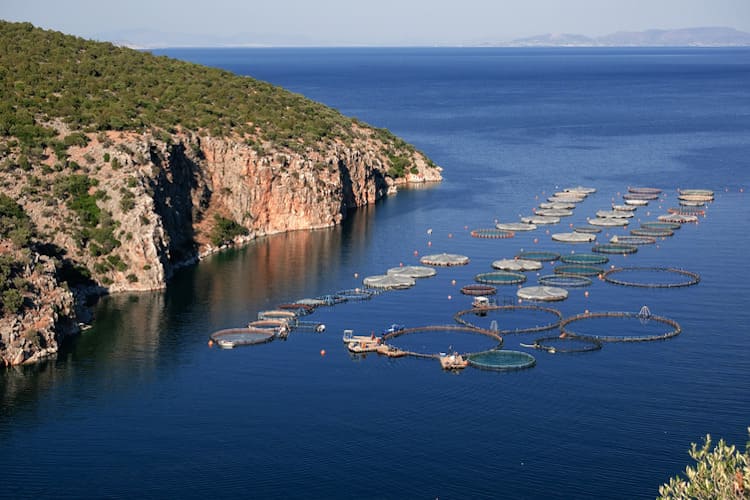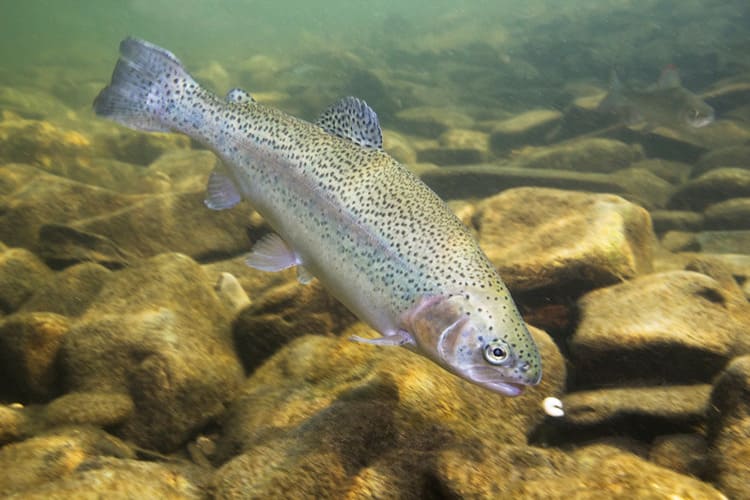Pacific whiteleg shrimp is the topmost aquacultured species produced in the world. However, shrimp feeding behavior results in unnecessary expenditures, as some of the feed offered is not entirely consumed. Nowadays, aquaculture has become more accepting of using animal by-products such as poultry meal as a protein source to replace…
Reductions in fish oil content in aquafeeds can generate physiological and immunological disorders in farmed fish, associated to low dietary levels of n-3 long chain polyunsaturated fatty acids (n-3 LC-PUFAs) and increased levels of n-6 PUFAs. Based on mammalian literature, spices could potentially counteract some of these negative effects. To…
Longevity of the sows is a major concern in pig production, which is negatively affected when the sow body condition is not properly restored shortly after weaning. Therefore, feed intake (FI) becomes crucial to prevent the excessive body reserve mobilization during lactation, but also in promoting milk production and therefore…
Previous studies have shown that the use of additives to enhance intake and immunity at farm arrival could be a strategy to minimize the negative effects of stress and feed restriction during transportation in unweaned calves. Unweaned dairy beef calves are fed low liquid feeding programs to avoid mechanical diarrheas…
The gastrointestinal tract of unweaned calves is compromised after the stress and feed restriction due to marketing and transportation. The use of feed additives to enhance intake and gut immunity at farm arrival could be a strategy to minimize those negative effects. A total of 70 dairy beef calves (50.9…
The regulation of feed intake in fish is dependent upon different neuroendocrine and metabolic mechanisms including amino acid sensing in the gastrointestinal tract (GIT). However, there is little information regarding the impact of diets on such mechanisms. Therefore, in this study, we fed rainbow trout (Oncorhynchus mykiss) with 3 diets:…
This work studied the potential of a combination of pungent spices (capsicum, black pepper, ginger, and cinnamaldehyde) to be used as a supplement in diets of gilthead seabream (Sparus aurata; 44.1 ± 4.2 g). During 90 days, fish were fed three experimental diets with low inclusion of fish oil and…
Dietary supplementation with tributyrin (TBT), a source of butyric acid, has been shown to improve growth performance and health status when high levels of plant ingredients are included in aquafeeds. Here, we investigated the response of rainbow trout (Oncorhynchus mykiss) to a plant-based diet supplemented with TBT aiming to improve…
